Posted on 9/7/2017
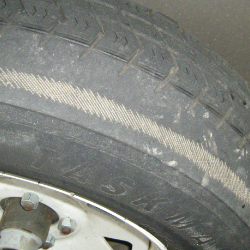
The cornering and rolling forces on each of your tires are different. If you have a front wheel drive car, the power and most of the force is transmitted to the front tires while the rear tires pretty much just follow along like fixed wagon wheels. A rear-wheel drive car or truck sends power to the back while steering forces are handled by the front wheels. All-wheel drive and 4wd have their unique power, steering and cornering characteristics as well. The point is, your front left tire is going to wear differently than your right rear tire, or for that matter, any of the other tires vary at each corner of the vehicle because of the force and friction. The solution to this problem is tire rotation. Tire rotation involves removing your wheels and tires from the car and putting them in a different position on the car. Many times, your tire service center will take the time to re-balance the wheels and tires while they have them off the car anyway.&nb ... read more
Posted on 8/3/2017
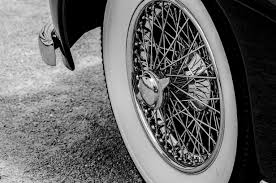
With all the tires you encounter every day, it is easy to forget their humble beginning and just how far they have come since the early days of automotive development. Follow along as we recap the incredible evolution that has taken us from simple rubber rings to the products we see today. The tire had rather humble beginnings. In the late 1800's the invention of the automobile necessitated something for them to roll on. Until then, wheels were rolling around on hard wooden rims or metal bands. In 1888 Carl Benz, one of the famous fathers of Mercedes Benz, invented a new type of tire to match his new type of conveyance, the automobile. It was a metal framed tire, covered with rubber and filled with air. This was the birth of the pneumatic or air filled tire and it revolutionized the world. Carl Benz' tire had air but it didn't have any tread. It wasn't until 1905 that tread was added to the tire's surface to help it handle the wet, muddy road surfaces typical of t ... read more
Posted on 7/6/2017
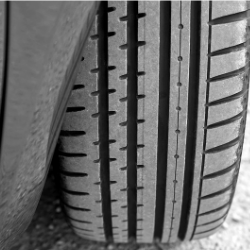
Head into the showroom at any tire retailer and you will find a dizzying array of tire types, sizes, tread patterns and other variables that can have you turning right back around and heading the other way. The good news is a step-by-step approach to choosing the right tires for your car, truck or SUV with a little knowledge can make the process much simpler and give you great results. The type of tire you need depends on what kind of vehicle you have, your driving style and the type of weather you must cope with in your area. All Season Tires - Sometimes called Touring Tires, All Season Tires deliver good performance, handling and ride quality on dry, wet and moderately snowy roads. This is the most popular tire type and can be found on most four door sedans, wagons, small SUVs and sporty coupes. Choose All Season Tires for the most well rounded on-road performance. Truck Tires - As the name suggests, these tires are typically found on trucks and large SUVs. Truck tires ... read more
Posted on 6/15/2017
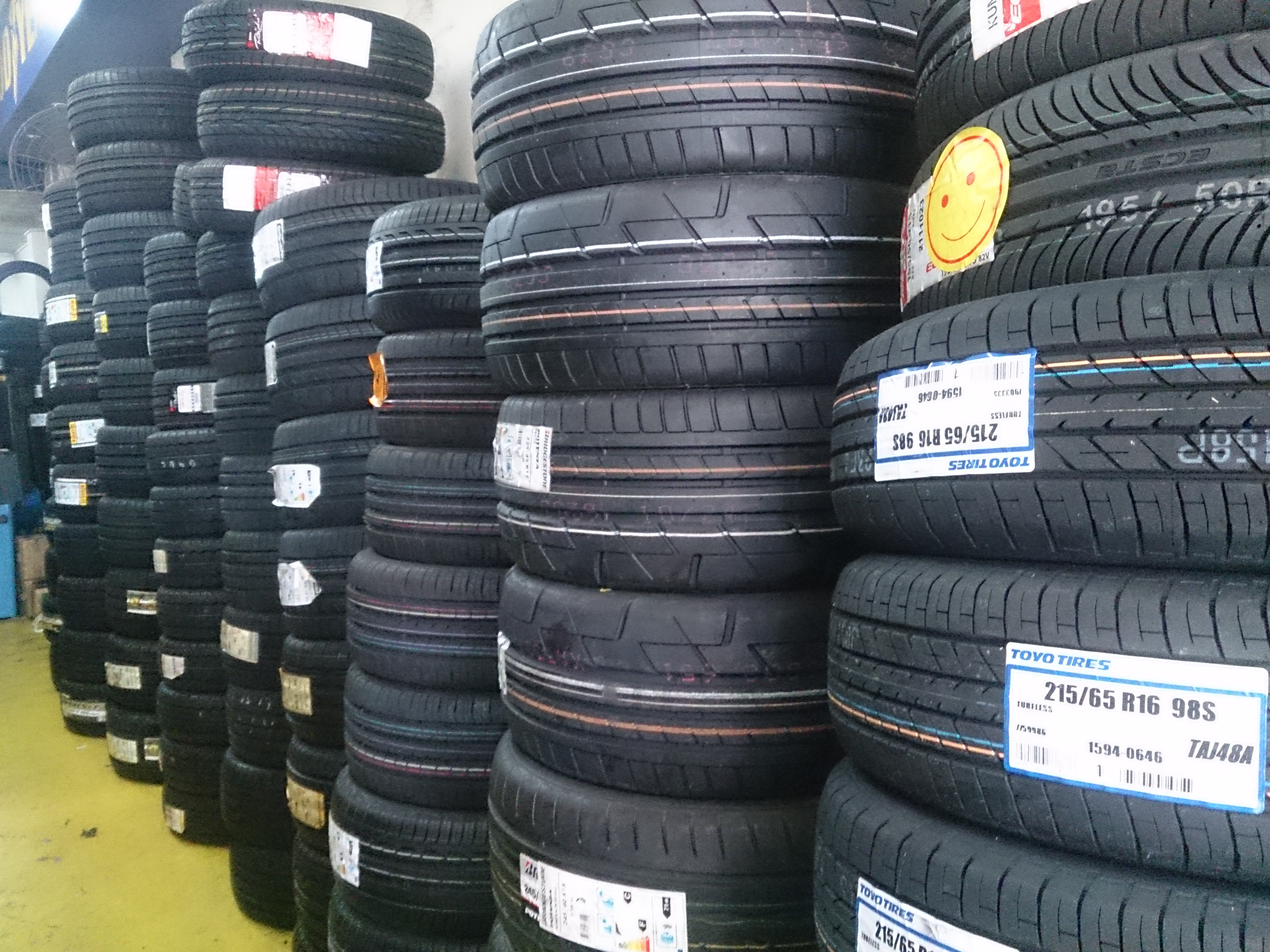
Your tires are a big investment, and while it’s easy to just take them for granted, you want them to last through their entire warranty phase (at least). Here are some tips on how to get the most life out of a set of tires:Tire rotations: No vehicle has 50/50 weight distribution from front to rear, and front tires see a different set of stresses from braking and cornering. Rotating your tires at a 5,000-mile interval ensures even wear and good drivability and handling.Proper inflation: Underinflated tires are bad news! They’ll wear unevenly due to their altered footprint, they’ll cost you money in terms of higher rolling resistance and poor fuel economy, and the stress from overheating can lead to premature tire failure. Check your inflation levels at least once a month, using a good quality tire gauge.Wheel alignment: Think about someone who walks with one foot skewed out to the side. That shoe will wear unevenly, usually at the heel, and that’s not unlike what ... read more
Posted on 5/11/2017
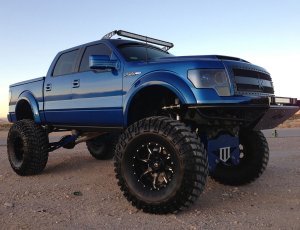
So you’re in need of a set of tires for your truck? No problem! The question is, though, what kind of tires are going to be best?First, you’ll need to think about what you use that truck for. Will you regularly be hauling heavy loads or pulling a trailer? Do you expect to keep it on the pavement for the most part, or will you occasionally go off-road? If you go off-road, will it be on soft dirt or will you be plowing through brush, mud, and rocks? And finally…what’s your budget?If you’re wanting to keep it on the pavement most of the time and your truck is a daily driver for errands, school, soccer, and grocery runs, all-season tires are probably the right choice. All-season light truck tires can rival the best passenger tires when it comes to noise level, handling, ride quality and road manners while offering good, reliable traction on wet or dry pavement.All-terrain tires feature a more aggressive tread pattern than all-season tires and are capable ... read more